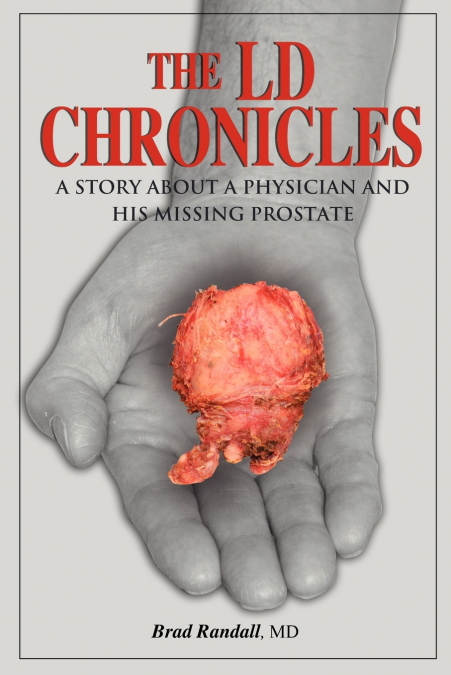
Brad Randall
Every year nearly a quarter of a million men are diagnosed with prostate cancer. Dr. Randall is a pathologist who spent his career diagnosing other men with prostate cancer until one day it was his turn. Since then he has become one of the thousands of men who lived through, and with, the uncertainties that surround a prostate cancer diagnosis. Like most men in this situation, grappling with very important decisions with very significant consequences to their bodies, he wanted to know what to expect, both immediately after treatment and later during recovery. What Dr. Randall found however was that despite so many men being treated for prostate cancer there is little more than advertisements and short personal statements on the web and very little patient generated material in print. Perceiving a need, Dr. Randall chose to write via his own personal experiences the book he had been looking for - an account of exactly what a prostate cancer patient can expect to happen to him; both from the perspective of a patient and as a physician. The reader will have a very first person look at the trials and tribulations along each step of the prostate cancer path: diagnosis, treatment options, robotic prostatectomy, post-operative care issues, and perhaps most prominently on the minds of many men, dealing with issues of post prostatectomy erectile dysfunction. Dr. Randall not only shares his very personal experiences, but also takes the reader behind the physician/hospital curtain to offer a glimpse into the physician-to-physician interplay that most patients never see. Interspersed in the narrative is enough anatomy, physiology, and pathology to facilitate the lay reader’s understanding of the topic without being overdone. But what sets this book apart is Dr. Randal’s self-depreciating style that takes a serious topic and makes it humorous. This book is a short and easy read that is a must for anyone - the man with prostate cancer, his partner, family, and friends - wanting to look forward to a life beyond a diagnosis of prostate cancer.